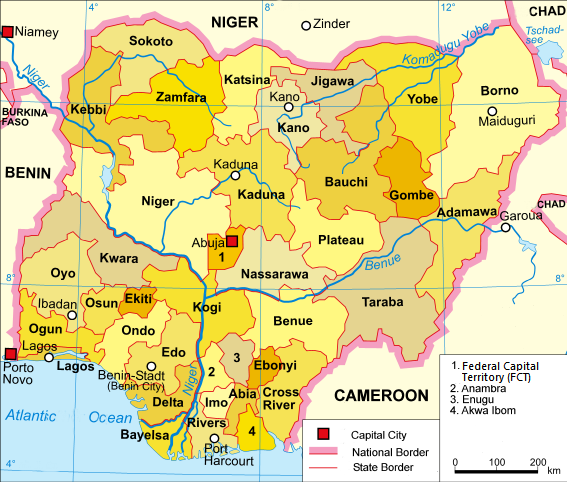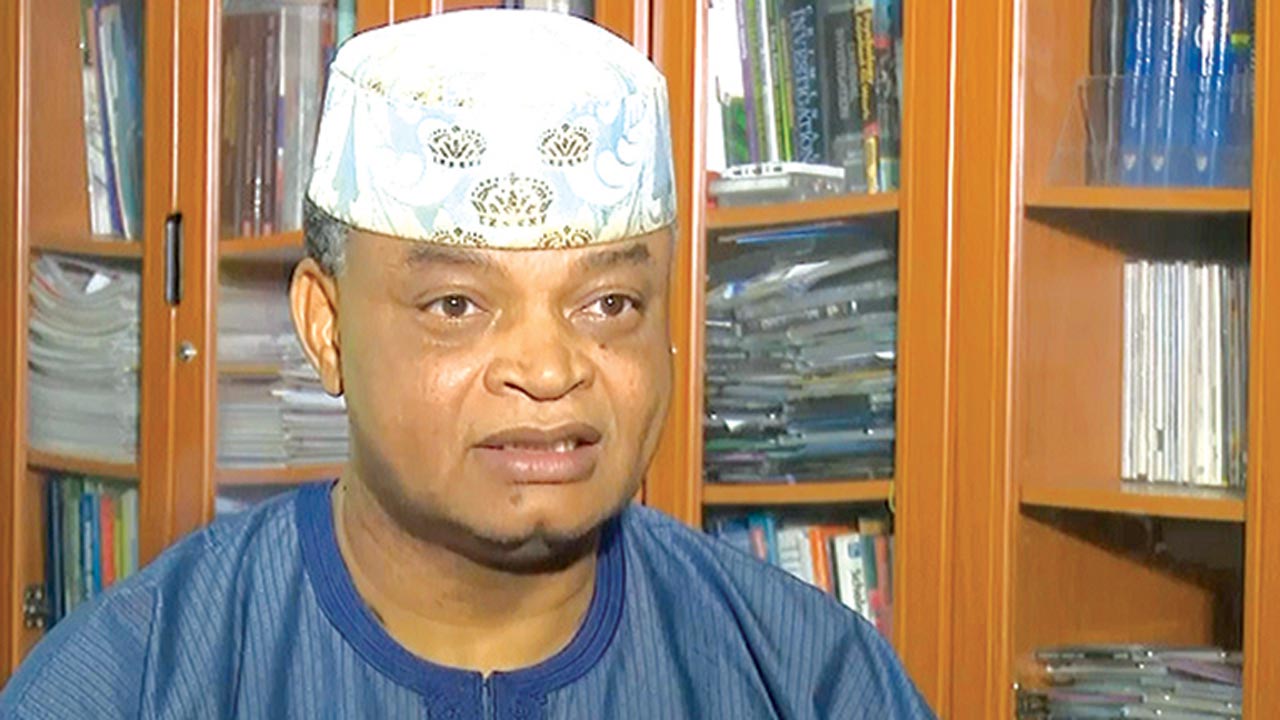Not a word too much. This Op-Ed of the Nigerian newspaper ‘For God and Country LEADERSHIP’ echoes my firmest belief, my most ardent wish. I wholeheartedly share the editors’ cry for an end to ritual killings, for justice and the rule of law in Africa’s most populated country, Nigeria. Repeatedly I have drawn here attention to the fact that ritual murders are rampant in the country and I have reported numerous examples on this website. When will the Nigerian authorities, both on the federal as the state level, act accordingly?
(webmaster FVDK)
Ritual Killing: Let The Carnage Stop

Published: March 5, 2021
By: Leadership, Nigeria – Editorial
Last week, the internet was awash, yet again, with another case of suspected mass kidnapping and ritual killings. In the suburb of Onitsha, Anambra State, a woman and her children were found, in a bizarre collaboration, with several toddlers and kids whom she randomly selected to pound in a mortar into mash and then deliver the blood-cuddling product to her clients. The self-acclaimed prophetess has since been arrested.
Such a gory tale spiced with the worst dose of cruelty and man’s inhumanity to man brings to the fore the pervasive wickedness and deceit of the human mind.Still suspected, alleged and proven cases of ritual killings, grave robbery and dealing in human parts are replete across the land. From Calabar to Maiduguri and Lagos to Sokoto such cases, reported and unreported, fill the news space and rumour mills drawing attention to tendencies towards the grotesque.
Sadly, this development is becoming scarier by the day as the young, the old, male and female share in this ugly trend, engaging in a macabre competition with kidnapping and terrorism, all of which make the land more insecure. It gores the heart that even with the alarm raised by well-meaning individuals, institutions and organisations, the situation rather than abate, persists.
In the opinion of this newspaper, it is somewhat confounding that a nation whose citizens pride themselves as the most religious and happiest on earth could descend so low into debauchery, sheer cold-blooded murder and cannibalism in the name of ritual killings. To which god(s) do the perpetrators of these evil acts offer their fellow human beings as sacrifice and for what purpose?
As unacceptable as it is, the ailing economy may present itself as a lousy excuse for those who risk such practices. Yet, it is utterly inconceivable that some do sink this abysmally low to the point of patronising all shades of nocturnal, diabolical and dubious characters including kidnappers just to get the raw materials to feed their yawning bestial desire.
In our considered opinion, it is a shame if not utterly reprehensible that motherless homes, orphanages and health institutions euphemistically referred to as baby factories have been reported to be part of the huge source which feeds the furnace of this raging conflagration of ritual killings.
We recall that, consistently, well-meaning Nigerians, religious leaders, other leaders of thought and culture enthusiasts among them have, at various times, spoken out in open condemnation of this drift towards nihilism. We urge them to do more. As a matter of urgency, they should step up the campaigns against ritual killing, an act that is not only despicable to mortals but also offensive to the Supreme Being.
It is pertinent to stress that it is time all the relevant government agencies and non-state actors took the war against ritual killing to the perpetrators. There is an urgent need to save the country from being stigmatised by this ugly stamp added to those of insecurity and corruption which are already an albatross on the neck of Nigeria. The case of baby Adam (a victim of ritual killing) confirmed to have been killed in faraway United Kingdom but whose origin was traced to Nigeria is still fresh in the mind.
Behind this ugly trend is cultism indulged in by some members of society who yield to the negative in their mindless quest for power and the penchant to be dreaded and feared. These are people who nurture the self- delusion of being in charge and in control. Their co-travellers in this trip to nothingness, in our view, are the get rich quick maniacs who go to any length to acquire wealth for the sake of it. And when they soon realise that it is all vanity, they go to their religious leaders to confess their blood oaths. The police have a right to know whose blood was used in those unwholesome rituals. The religious leaders owe it a duty to humanity to report such confessions.
While we salute the courage and gallantry of the security personnel who often put their own lives on the line trying to secure the land, it is also important to let them know that the battle will not be won until the last vestige of anti-social behaviour is extirpated from decent society.
Furthermore, we implore law-making bodies, across all the tiers of government, to enact laws (where not in existence), strengthen the hands of the law enforcement operatives, with stringent penalties and other wherewithal necessary to bring these evil elements to justice.
Source: Ritual Killing: Let The Carnage Stop


